In recent years, a notable shift has emerged in the travel preferences of Russian tourists. While Turkey has long been the go-to destination for its sunny beaches, affordable resorts, and visa-free access, neighboring Georgia is rapidly gaining traction as a favored alternative. This shift is driven by a combination of geopolitical tensions, economic factors, and Georgia’s own efforts to position itself as a welcoming hub for Russian visitors.
The geopolitical landscape has played a significant role in this transition. Diplomatic strains between Russia and Turkey, particularly following incidents such as the downing of a Russian jet in 2015, created an atmosphere of uncertainty for travelers. Although relations have since stabilized, the lingering perception of unpredictability has led many Russians to explore other options. Georgia, with its relatively stable political environment and no history of direct conflict with Russia, presents a safer and more predictable choice.
Economic considerations are another critical factor. The depreciation of the Russian ruble in recent years has made international travel more expensive for many Russians. While Turkey remains relatively affordable, Georgia offers even lower costs in terms of accommodation, dining, and entertainment. Tbilisi, Batumi, and other Georgian cities provide a high-quality experience at a fraction of the price of comparable destinations. For budget-conscious Russian tourists, this makes Georgia an increasingly attractive option.
Georgia’s cultural and linguistic ties to Russia also contribute to its growing popularity. Many Georgians speak Russian, easing communication for visitors who may not be fluent in English or Georgian. The shared history between the two nations, despite occasional political tensions, creates a sense of familiarity for Russian tourists. From Orthodox churches to Soviet-era architecture, Georgia offers a blend of the exotic and the familiar that resonates with Russian travelers.
The Georgian government and tourism industry have actively capitalized on this opportunity. In recent years, they have streamlined visa procedures, expanded flight connections, and launched targeted marketing campaigns aimed at Russian tourists. Direct flights from Moscow and other major Russian cities to Tbilisi and Batumi have increased in frequency, making the country more accessible than ever. Additionally, Georgia’s diverse attractions—from its Black Sea coastline to its mountainous interior—provide a wide range of experiences that cater to different tastes.
Another key advantage Georgia holds over Turkey is its reputation for hospitality. Georgians are renowned for their warmth and generosity, and visitors often leave with stories of unexpected kindness. This cultural emphasis on guest treatment aligns well with Russian expectations of a welcoming atmosphere. In contrast, while Turkey is also known for its hospitality, the sheer volume of tourists in popular Turkish resorts can sometimes dilute the personal touch that Georgian hosts excel at providing.
Food and wine are additional draws. Georgian cuisine, with its rich flavors and unique dishes like khachapuri and khinkali, has gained international acclaim. For Russian tourists, Georgian food offers both novelty and comfort, as many dishes are already familiar from Georgian restaurants in Russia. The country’s ancient winemaking tradition is another major attraction, with wine tours and tastings becoming a staple of the tourist experience. Turkey, while offering its own culinary delights, cannot compete with Georgia’s emerging reputation as a food and wine destination.
Safety is another factor tipping the scales in Georgia’s favor. While Turkey has faced sporadic security concerns in recent years, Georgia has maintained a low crime rate and a reputation for being one of the safest countries in the region. This is particularly appealing to families and older travelers who prioritize security when choosing a destination. The Georgian government’s proactive approach to maintaining public order further reinforces this perception.
Social media and word of mouth have amplified Georgia’s appeal. Russian travelers frequently share their positive experiences in Georgia online, highlighting the country’s beauty, affordability, and hospitality. These firsthand accounts carry significant weight, often more so than traditional advertising. As more Russians visit Georgia and return with glowing reviews, the country’s reputation as a top-tier destination continues to grow.
Despite these advantages, Georgia is not without challenges in its bid to replace Turkey as the top destination for Russian tourists. Infrastructure in some areas remains underdeveloped compared to Turkey’s well-established resort towns. Seasonal limitations also exist, as Georgia’s beach destinations, like Batumi, have a shorter summer season than Turkey’s Mediterranean coast. However, the Georgian tourism industry is rapidly addressing these issues, with new hotels, improved transportation, and year-round attractions helping to mitigate these drawbacks.
The shift from Turkey to Georgia reflects broader trends in global tourism, where travelers increasingly seek out less crowded, more authentic experiences. While mass tourism still has its place, many Russian visitors are now drawn to Georgia’s unique blend of history, culture, and natural beauty. The country’s ability to offer something different—while still feeling accessible—has been key to its rising popularity.
Looking ahead, it seems likely that Georgia will continue to attract a growing share of Russian tourists. Unless Turkey can address the geopolitical and economic concerns that have driven some travelers away, Georgia’s ascent may well continue. For now, the Caucasus nation is enjoying its moment in the spotlight, offering Russian visitors an appealing mix of affordability, safety, and cultural richness that is hard to resist.

By Sophia Lewis/Apr 11, 2025
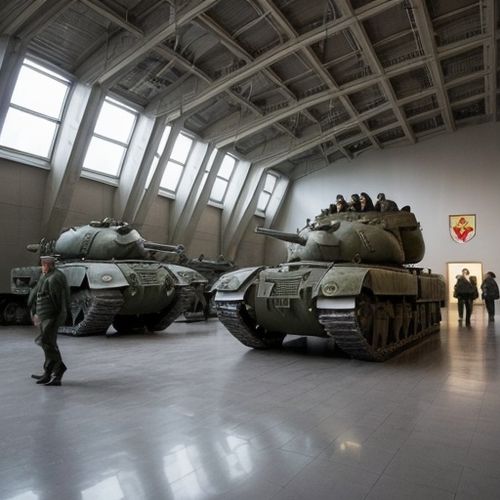
By Joshua Howard/Apr 11, 2025

By Grace Cox/Apr 11, 2025
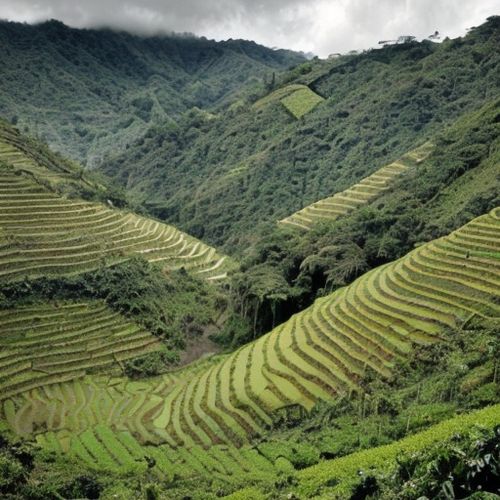
By George Bailey/Apr 11, 2025
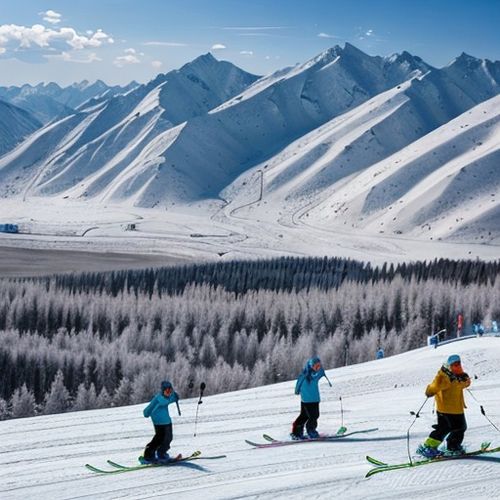
By Samuel Cooper/Apr 11, 2025
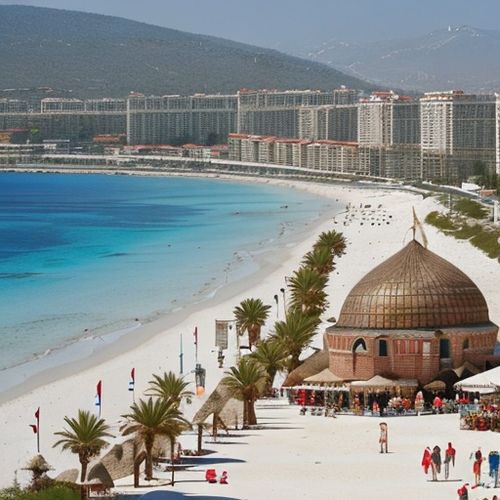
By Sophia Lewis/Apr 11, 2025

By Megan Clark/Apr 11, 2025
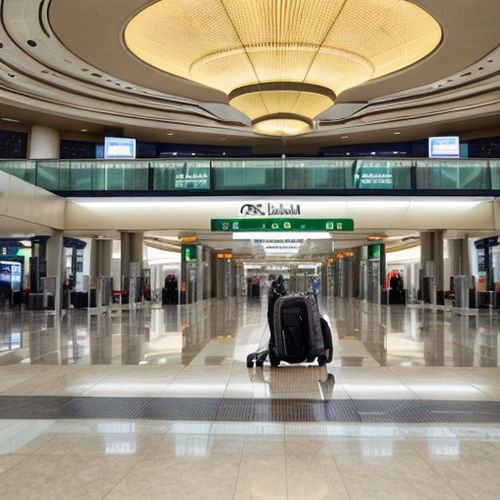
By Lily Simpson/Apr 11, 2025

By Samuel Cooper/Apr 11, 2025

By Noah Bell/Apr 11, 2025
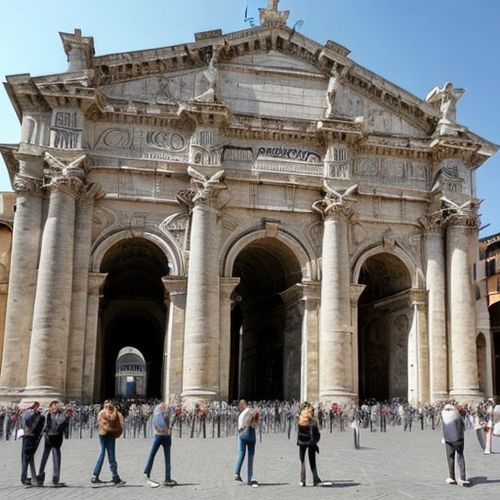
By Ryan Martin/Apr 11, 2025

By John Smith/Apr 11, 2025
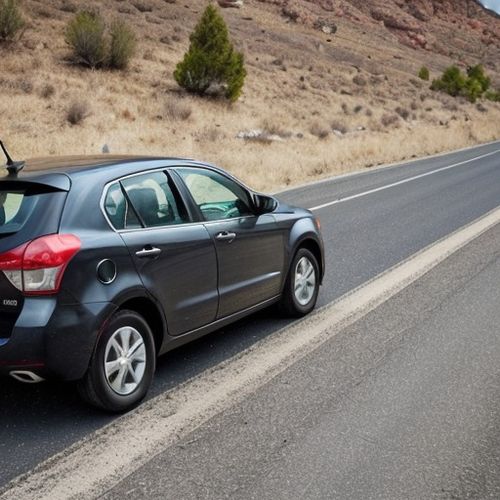
By James Moore/Apr 11, 2025

By Lily Simpson/Apr 11, 2025

By Thomas Roberts/Apr 11, 2025

By Jessica Lee/Apr 11, 2025
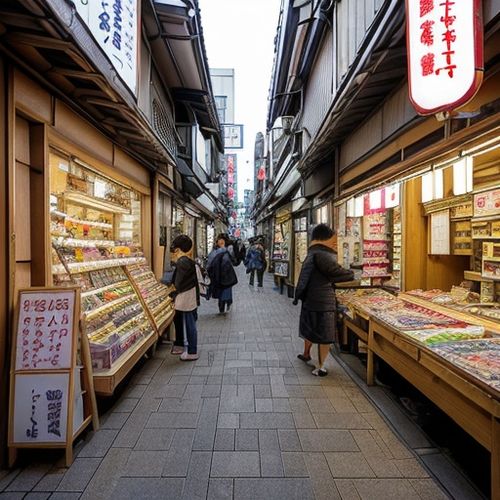
By William Miller/Apr 11, 2025

By Elizabeth Taylor/Apr 11, 2025

By Christopher Harris/Apr 11, 2025

By Eric Ward/Apr 11, 2025